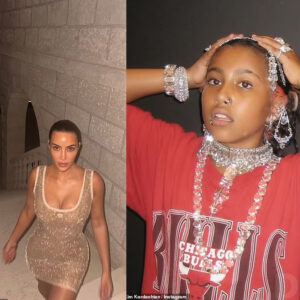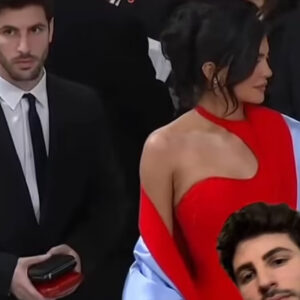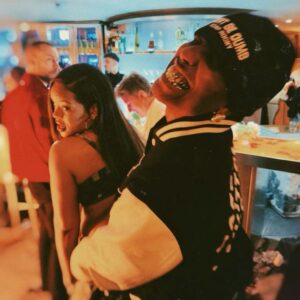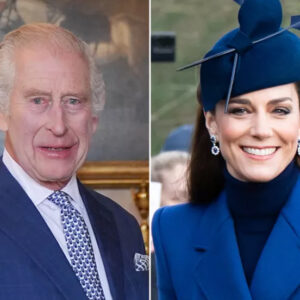It began with Alejandro Garnacho turning up late for breakfast during Erik ten Hag’s first pre-season tour as Manchester United manager. Then Cristiano Ronaldo started leaving matches early, even when he was supposed to come on as a substitute. The Portuguese later gave an unauthorised and explosive interview to Piers Morgan, firing shots in all directions, including at his manager. Then Marcus Rashford was late for a team meeting and dropped from the starting line-up.
A blissfully quiet few months with little to report on in the form of dressing room politics then passed, only to be followed by one negative story after another to greet the new season. First Jadon Sancho didn’t train hard enough and when he was bluntly told so, fired back in an angry social media post. Days later, Antony was accused of violence against women and took a leave of absence to deal with the allegations – which he denies.
Anthony Martial turned up at training at the wrong time before Rashford visited a nightclub after the humiliating defeat in the derby by Manchester City in October. Three months later, Rashford missed training after a wild drunken night out in Belfast and lied to the club about his whereabouts. Then, on the lower end of the scale, last Saturday, Garnacho liked a tweet criticising Ten Hag after the 2-2 draw with Bournemouth.
Exhausted just reading the long list of misdemeanours committed by United players in the last two years? Then imagine how Ten Hag must feel having to deal with them…
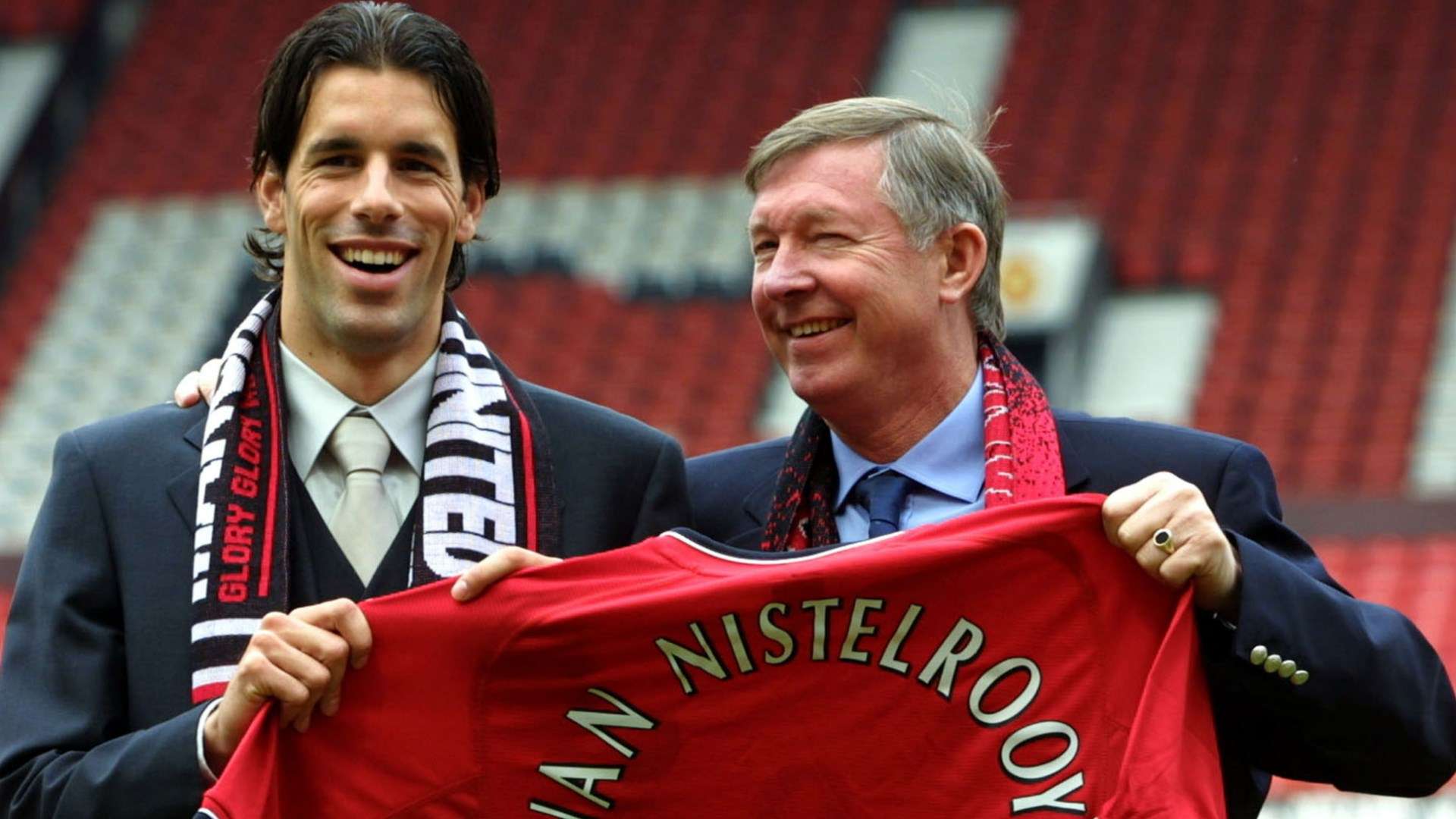 Getty
Getty
Only Ferguson had control
When Sir Alex Ferguson was in charge of United, dressing room leaks to the media were extremely rare, and any dissent was quickly and brutally stamped out. Ruud van Nistelrooy was forced out after disagreeing with being benched for the League Cup final; Roy Keane was hounded out for a critical piece of analysis on MUTV; David Beckham was sold to Real Madrid once Ferguson had concluded he had lost his focus due to his celebrity lifestyle.
No player, no matter how talented or influential, was above the manager or the club, and the team continued to be successful after each high-profile departure. The show went on, with Ferguson the only star who could not be disposed of. To the ruthless Glaswegian, making sure he, and not the players, ruled the club was a non-negotiable.
“If the day came that the manager of Manchester United was controlled by the players – in other words, if the players decided how the training should be, what days they should have off, what the discipline should be, and what the tactics should be – then Manchester United would not be the Manchester United we know,” he told the Harvard Business Review. “It creates power for the players – that is very dangerous. If the coach has no control, he will not last.”
Relative Articles
None found
